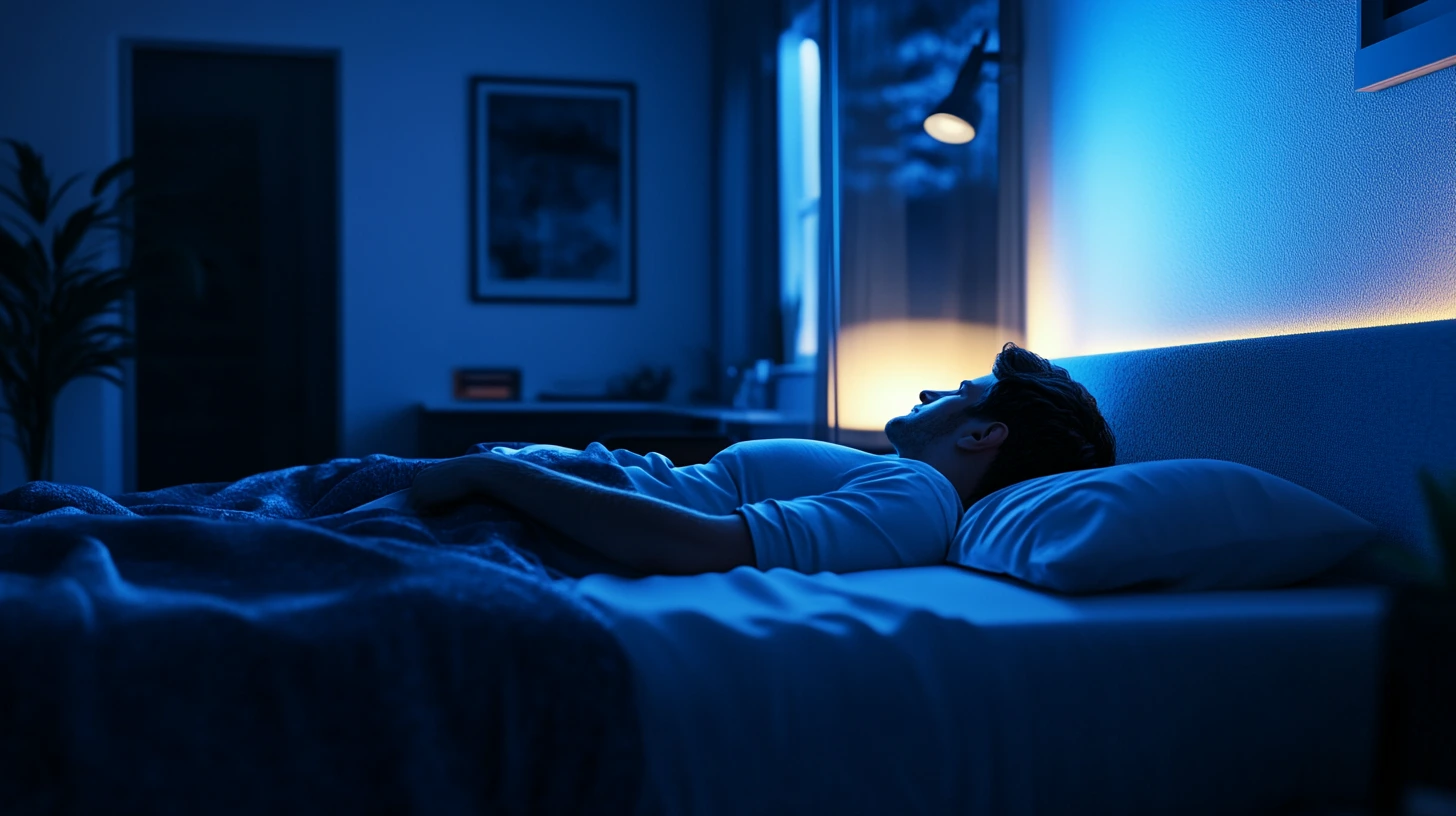Creating the Ideal Sleep Environment: Tips and Tricks for First Responders
Being on duty as a first responder requires you to be constantly alert and ready. But what fuels that readiness is quality sleep, an elusive companion for many in high-pressure roles. This blog post will explore creating the ideal sleep environment, delving into the effects of sound and light pollution on sleep, and offering practical tips for improving your sleep quality.
The Impact of Sound and Light on Sleep
Sound Pollution
Did you know that sound pollution can significantly disrupt your sleep patterns? A study from Tsinghua University and South China University of Technology revealed that both sound and light pollution, prevalent in urban environments, have a profound effect on sleep. You might find, like the study participants, that different sounds have varying levels of disturbance, intensified by light pollution.
Light Pollution
Artificial light at night (ALAN) might be a more significant health nemesis than most assume. It’s known to suppress melatonin, the essential hormone that manages your sleep-wake cycle. This effect, when combined with urban noise, can lead to degraded sleep quality and increased stress—something first responders can ill afford.
Designing an Ideal Sleep Environment
Minimizing Sound Pollution
- White Noise Machines: A consistent background hum can mitigate disruptive sounds, aiding in a smoother sleep transition.
- Soundproof Materials: Consider installing acoustic panels or curtains that absorb noise effectively.
- Earplugs and Earphones: As simple as they might seem, these can be your front line against unwanted noise intrusions.
Managing Light Pollution
- Darkness-Enhancing Window Treatments: Blackout curtains or shades can block intrusive light, ensuring darkness conducive to sleep.
- Dim Red Lighting: Opt for dim red lights in your bedroom to minimize melatonin disruption without foregoing light completely.
- Avoid Electronics Before Bed: Electronics emit blue light, notorious for oppressing melatonin. Keep gadgets away from your sleeping haven.
Practical Tips for First Responders
- Create a Calm Environment: Reserve the bedroom strictly for rest by eliminating TV and computers, fostering a serene atmosphere.
- Optimize Bed Layout: Position your bed away from noise-heavy areas and windows, creating a cozy sleeping niche.
- Use a Sleep Mask: If blackout curtains are unfeasible, a sleep mask can effectively shield your eyes from intrusive light.
Conclusion
Investing effort in creating an ideal sleep environment by addressing sound and light issues can massively improve your sleep quality. As a first responder, your health and well-being rely on it. Remember, minimizing sound disturbances with solutions like white noise machines and managing light exposure through smart lighting choices can rejuvenate your sleep and, in turn, enhance your performance on duty.
Quality sleep is not just a dream; it’s a vital part of your routine that ensures you remain at your best, ready to serve and protect.






